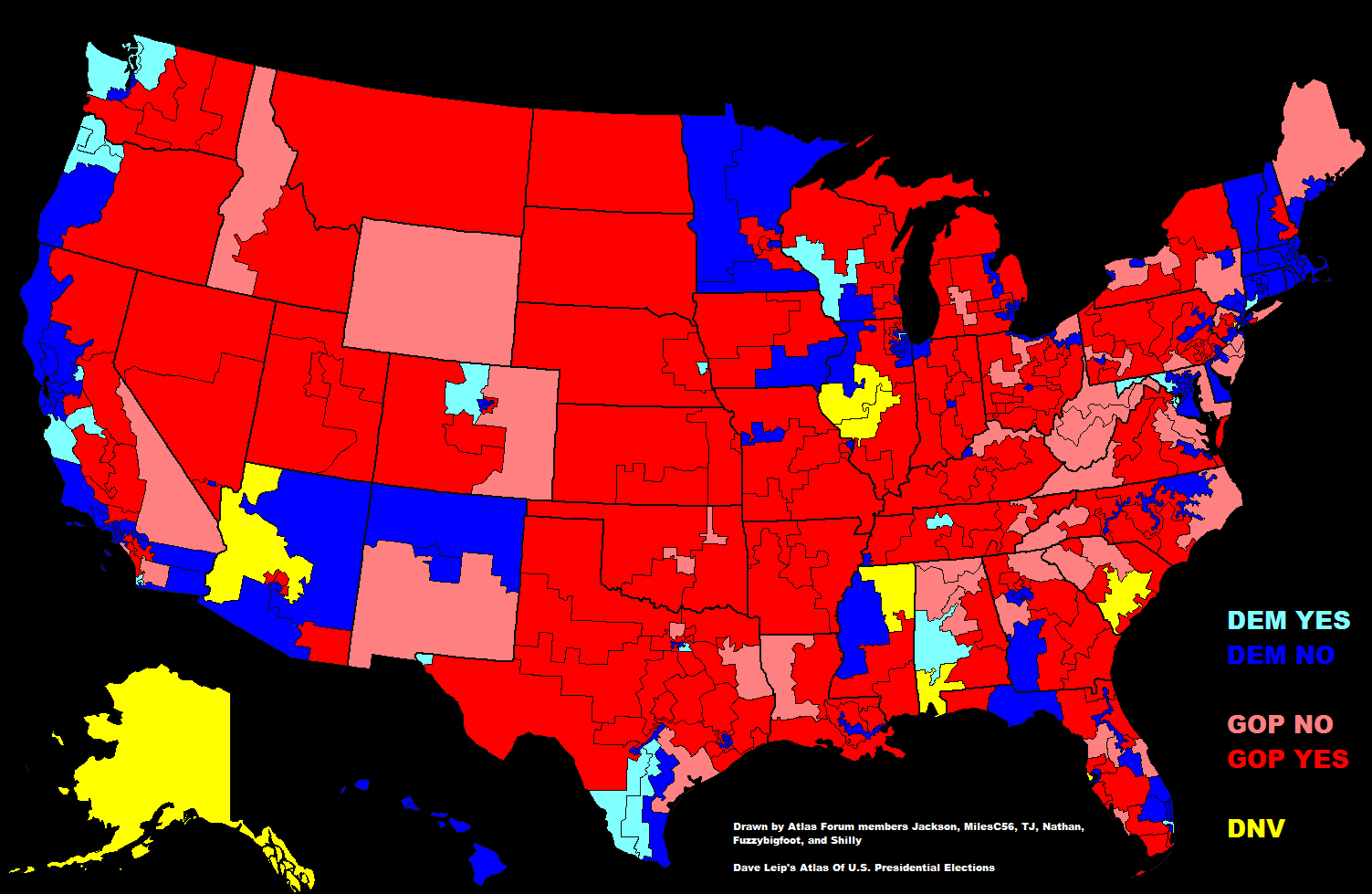
Fast track (trade)
The fast track authority for brokering trade agreements is the authority of the President of the United States to negotiate international agreements in an expedited manner and with limited congressional oversight. Renamed the trade promotion authority (TPA) in 2002, the TPA is an impermanent power granted by Congress to the President. It remained in effect from 1975 to 1994, pursuant to the Trade Act of 1974 and from 2002 to 2007 pursuant to the Trade Act of 2002. Although it technically expired in July 2007, it remained in effect for agreements that were already under negotiation until their passage in 2011. In June 2015, a third renewal passed Congress and was signed into law by President Barack Obama.
Under the TPA, the President's trade negotiations must follow guidelines and negotiating objectives set by Congress. If the negotiations follow the negotiating objectives, the implementing bill may pass Congress on majority votes instead of the three-fifths threshold normally needed in the Senate to conclude debate on a bill or the two-thirds threshold for the Senate to ratify a treaty. Congress may not amend or filibuster the implementing bill. The TPA is the mechanism used by the U.S. government to pass the North American Free Trade Agreement as well as other congressional-executive agreements. It has been praised for allowing the government to negotiate trade deals which would otherwise have been impossible to complete. However, it has also been criticized for usurping congressional powers and for lacking transparency.
Political views on the TPA[edit]
Arguments in favor[edit]
According to AT&T executive chairman Randall L. Stephenson, the TPA is "critical to completing new trade agreements that have the potential to unleash U.S. economic growth and investment". Jason Furman, who was chairman of Obama's Council of Economic Advisers, also said "the United States might become less competitive globally if it disengaged from seeking further trade openings: 'If you're not in an agreement—that trade will be diverted from us to someone else—we will lose out to another country'".[31] According to I.M. Destler of the Peterson Institute for International Economics, fast track "has effectively bridged the division of power between the two branches. It gives executive branch (USTR) negotiators needed credibility to conclude trade agreements by assuring other nations' representatives that Congress won't rework them; it guarantees a major Congressional role in trade policy while reducing members' vulnerability to special interests”.[32] Additionally, according to President Reagan's Attorney General Edwin Meese III, "it is extremely difficult for any U.S. President to negotiate significant trade deals if he cannot assure other nations that Congress will refrain from adding numerous amendments and conditions that must then be taken back to the negotiating table". The very nature of Trade Promotion Authority requires Congress to vote on the agreements before they can take effect, meaning that without TPA, "those agreements might never even be negotiated".[33]
Arguments against[edit]
Groups opposed to Trade Promotion Authority claim that it places too much power in the executive branch, "allowing the president to unilaterally select partner countries for ‘trade’ pacts, decide the agreements' contents, and then negotiate and sign the agreements—all before Congress has a vote on the matter. Normal congressional committee processes are forbidden, meaning that the executive branch is empowered to write lengthy legislation on its own with no review or amendments." Article II, Section 2. He (the President) shall have Power, by and with the Advice and Consent of the Senate, to make Treaties, provided two thirds of the Senators present concur...[34] Democratic members of Congress and general right-to-know internet groups are among those opposed to trade fast track on grounds of a lack of transparency. Such Congressional members have complained that fast track forces "members to jump over hurdles to see negotiation texts and blocks staffer involvement. In 2012, Senator Ron Wyden (D-Ore.) complained that corporate lobbyists were given easy access while his office was being stymied, and even introduced protest legislation requiring more congressional input."[35]